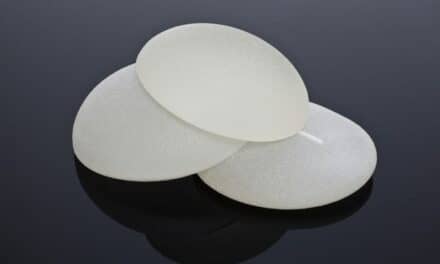I feel pretty,
Oh, so pretty,
I feel pretty and witty and bright!
And I pity
Any girl who isn’t me tonight.
 In West Side Story, Maria felt pretty because she was in love. People in love tend to feel that way. So do people who have successful careers, great social or family lives, or—sometimes—lots of money.
In West Side Story, Maria felt pretty because she was in love. People in love tend to feel that way. So do people who have successful careers, great social or family lives, or—sometimes—lots of money.
But it works the other way around as well. If you are “pretty,” you tend to feel good about yourself, and that predisposes you to succeed in relationships, business, or whatever you set your mind to accomplish.
And that’s where you, as a plastic surgeon, come in.
If you’re successful at it, I suspect that a good deal of your job satisfaction comes from the feelings that your patients have after you treat them. For one thing, that makes you feel good about yourself as well. For another, I think that most of us want the people we serve—be they patients, customers, students, or bosses—to be in a better frame of mind after we’ve done our thing than beforehand.
I’ve heard many times, and I’m sure you have too, that aesthetic surgery is superficial—that it treats only the patient’s exterior and doesn’t improve the “real” person inside. To be sure, all patients don’t have the best reasons for undergoing surgery: They may want to look just like a movie star, or at least better than their stuck-up neighbor.
But the judging-a-book-by-its-cover analogy doesn’t really hold water. People aren’t books, or cars that need paint jobs, or houses that need makeovers. They’re, well, people. If having plastic surgery will enable them to have a prettier face or a better figure, why shouldn’t they go for it?
I know, I know. I’m preaching to the choir. (Is April National Cliché Month, or what? Maybe it should be National Feeling Better by Looking Better Month.) But I digress. Where I’m going with this is that I think that you should consider sending the message to your patients—past, current, and prospective—that what you can do for them can improve not only their appearance but their lives as well. You’re not a psychologist, and you don’t pretend to be. However, many consumer products and services—new cars come to mind—are sold not on the basis of what they do, but on how they make their buyers feel.

So the next time someone tells you that aesthetic surgery is only superficial and neglects the more important things in life, ask that person, “What have you done today to make your customers (or students or co-workers) feel better about themselves?”



